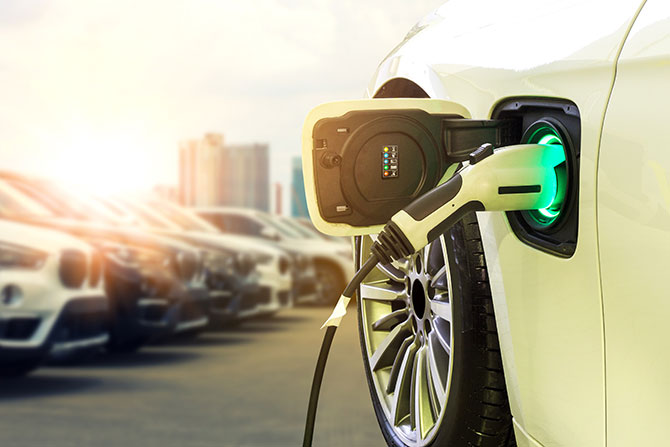My tenure as NJ CAR Chairman ran through the end of 2023. Time really does fly when you’re having fun … if you call “dealing with all of the legal, legislative and public affairs challenges the car business faced this past year” fun. We can all agree that 2023 was a great year in the car business for dealers and manufacturers, but we can also see the challenges that lie ahead.
There are signs that inventories are starting to grow, and incentives are creeping back into the market as new car prices rise. Consumers are starting to pump the brakes, and dealers are concerned that we are headed to a market in which working- and middle-class families simply won’t be able to afford a new car or truck.
Meanwhile, state and federal government officials are hell-bent on transforming the retail automobile market to an all-electric vehicle market in a little more than a decade. And the OEMs seem ready to comply, regardless of what consumers want.
NJ CAR has launched an aggressive grassroots campaign to mobilize dealership employees to write and email their state legislators to urge them to tell the New Jersey Department of Environmental Protection (DEP) to reconsider its adoption of California’s Advanced Clean Car II (ACCII) rule. We have already generated thousands of email contacts to legislative offices, and many legislators on both sides of the political aisle have reached out to DEP and the Governor’s Office to question this radical public policy initiative. We have a second campaign targeting Governor Murphy himself that has already generated hundreds of responses.
NJ CAR has urged the DEP — and we have asked our friends and supporters in the Legislature to urge the DEP — NOT to adopt ACCII. Rather, we have asked the DEP to go back to the drawing board and compare the costs and benefits of adopting ACCII versus allowing New Jersey to revert to the federal clean car program. The Biden Administration recently proposed a massive overhaul of the federal clean car program that is nearly as stringent as ACCII but which allows OEMs, dealers, and consumers more choice and greater flexibility on how to meet the requirements. The sad fact is DEP never even studied the new federal plan or analyzed whether it would be better for New Jersey.
We have serious concerns about whether the proposed regulations square with the New Jersey Clean Car law. We also question whether unelected public officials ought to be making such consequential decisions affecting New Jersey’s $40 billion per year auto retail sector. Common sense and good governance would suggest that big decisions like this should be made by the elected members of the New Jersey Legislature, not a lame-duck governor or his political appointees.
The regulations published in late August 2023 were subject to a 60-day public comment period that ran through late October. The Governor’s plan was to have these regulations in place before the end of the year, which would have put us on track to be a 35% EV market by 2027. These percentages ramp up quickly to 100% by 2035. I don’t think there is anyone in this room that believed that was a realistic time frame. How about we get to a 20% or 30% EV market before we start talking about 100%? Simply put, New Jersey will be a 100% EV market when consumers say they want it, not when government officials mandate it.
NJ CAR is working hard to persuade the DEP to back off, and if they don’t, we’re asking the legislature to take the wheel and steer EV policy back onto the right road. Every dealer should be asking every one of their employees to contact their local legislators to have them ask the DEP to rethink the adoption of ACCII. The Coalition has made it incredibly easy with the creation of the NJ CARPOOL grassroots political action network. If you haven’t already done so, contact Anne Smith at asmith@njcar.org, and she’ll take care of enrolling your employees in the network.
I also encourage every dealer to contribute as much as they are comfortable (and legally allowed) to CAR-PAC, NJ CAR’s political action committee. The money we raise for CAR-PAC goes to support candidates for the State Assembly and Senate who will eventually — one way or the other — have the final say on EV policy in this state.









